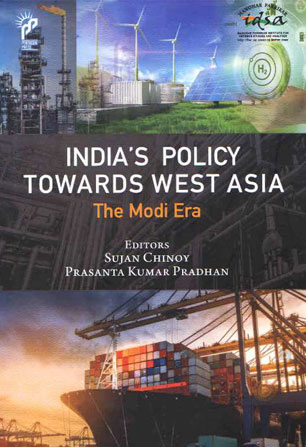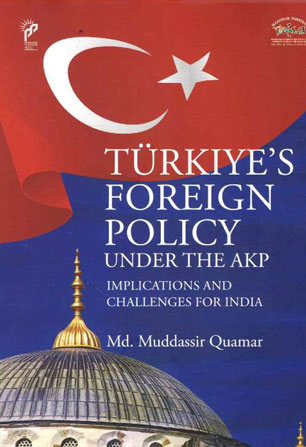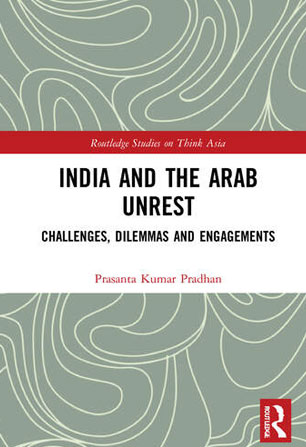Sharon’s Disengagement
The resignation of Prime Minister Ariel Sharon from the ruling Likud party in Israel has set off reverberations not only within Israel but at the regional level as well. Many Israelis and Palestinians, both politicians and scholars, believe that Sharon’s decision to leave the Likud has brought about a political earthquake that could realign not just the political configuration within Israel but also have a significant effect on the peace process.
- Tanya Mohan
- December 14, 2005









